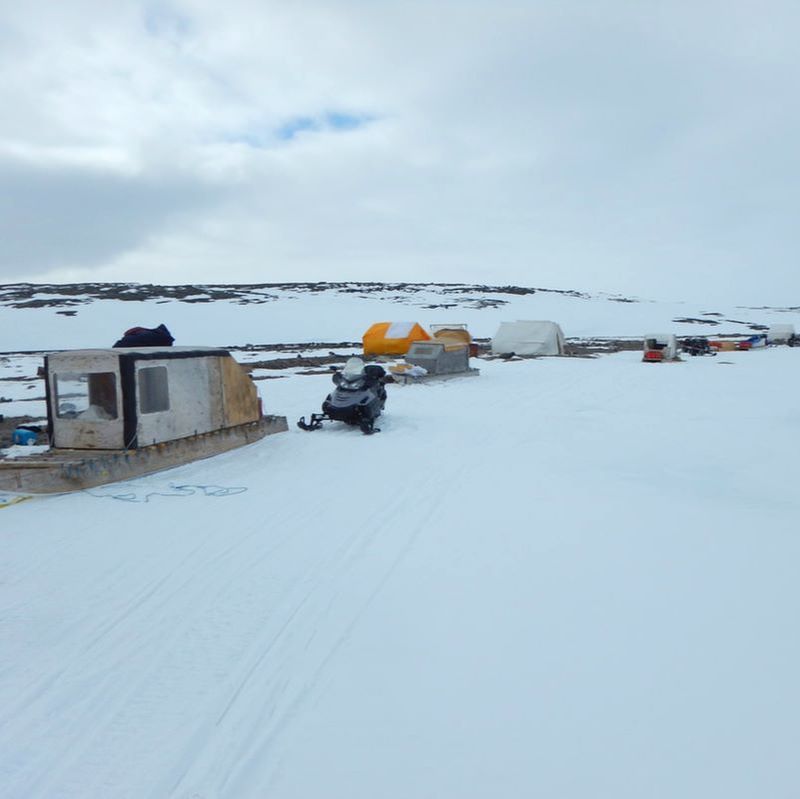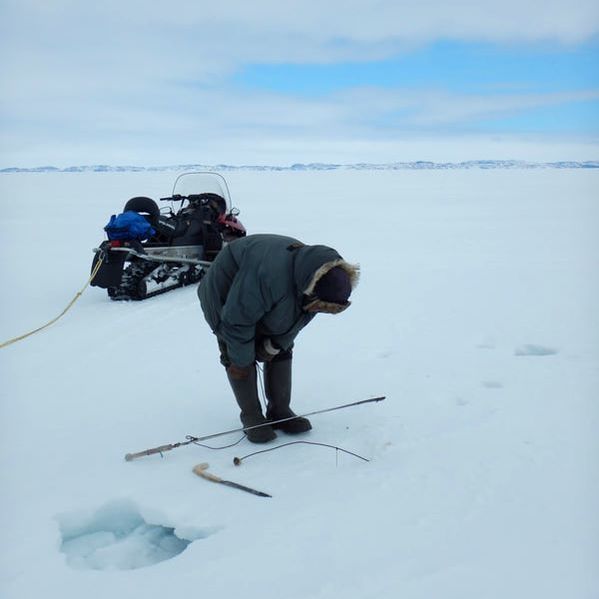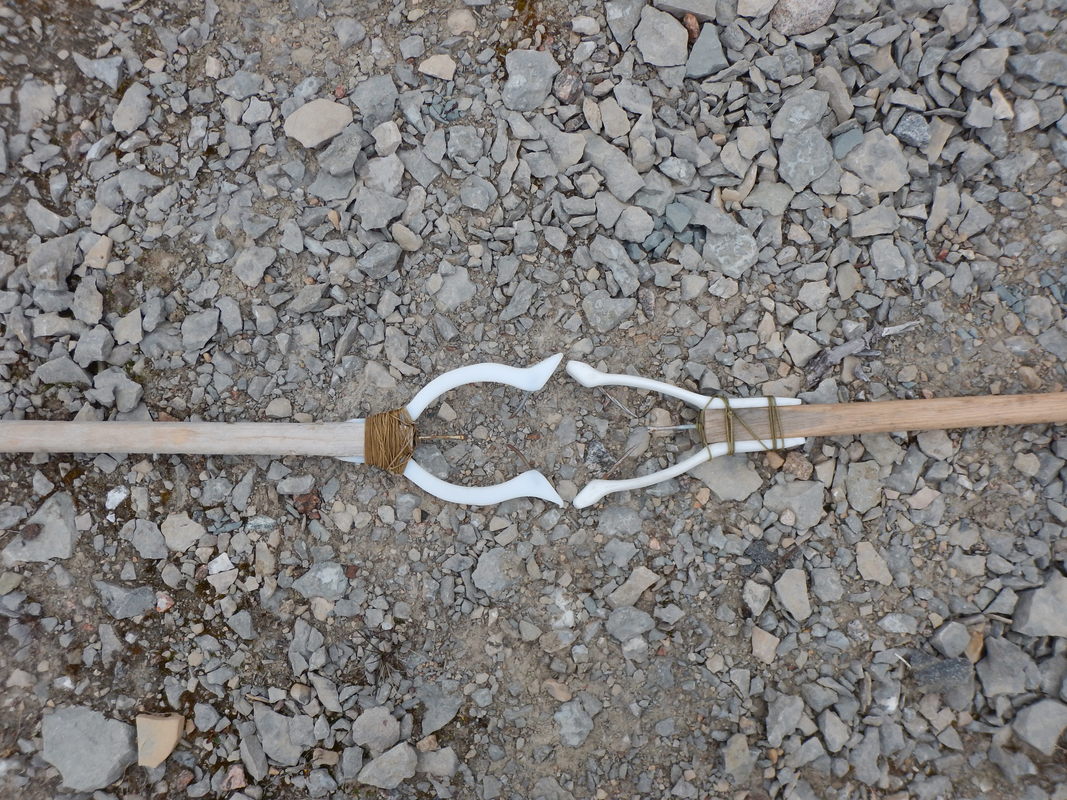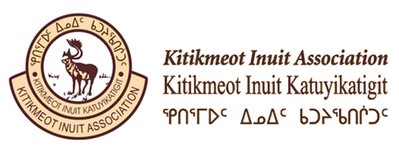AboutColonialism has led to a crisis in the legal order of Indigenous communities, further exacerbating their social marginalization. In Nunavut, Inuit law (e.g. piquhiit) is held up as key to restoring social order, improving socio-economic conditions and encouraging self-determination. With most Indigenous laws, everyday embodied conduct, as opposed to state edicts, determines and implements normative behavior. I argue that socio-legal scholars have not paid enough attention to the spatial context of norm making and, by extension, the ontological implications of more-than-representational forces. By ignoring how emotions inform and challenge legal frameworks, practices and identities, they further deny the relationality underpinning Indigenous ways of being, knowing, and "doing" the world and the law.
This research will address this crisis and this gap in the scholarship through a partnership with Inuit elders and knowledge keepers in Kugaaruk, a hamlet located at the meeting of the Arctic Ocean and the Kugajuk River. This partnership has been founded on the local priorities of material support for Inuit law, and documenting the social and legal norms associated with sealing and fishing. Two elder-led land camps for youth will anchor a qualitative inquiry into the legal traditions and practices at the core of life for Kugaarukmiut ('Kugaaruk people'). The project will begin by generally inquiring into the legal culture surrounding sealing and fishing. Interviews, focus groups, and land camp participation will illuminate not only the social norms and laws pertaining to nonhumans and humans, but also the role of emotions and affect in normative development and implementation (2014-18). Through consultation with community members, emerging themes, such as the settlement of disputes or management of resources, will be drawn out (2018). Thereafter, the elders research advisory committee and research participants will further assist with the interpretation of select narratives illustrative of these themes (2018-present). Little socio-legal work has been done in the Arctic, let alone through a conceptual framework that approximates the spatiality of Inuit law. By illuminating the importance of the embodied aspects of law, the project will contribute to legal anthropology, comparative law, legal geography, and Indigenous Studies. This work will be useful to scholars of emotions, and the legal profession which must incorporate Inuit norms in Nunavut and beyond. Through a publication for the local school as well as formal academic outputs, this research will publicize Inuit legal intellectual resources and further public debate on contemporary social challenges, including Indigenous-settler reconciliation. The land camps will provide the community with another opportunity to mobilize their own laws and knowledge. |





